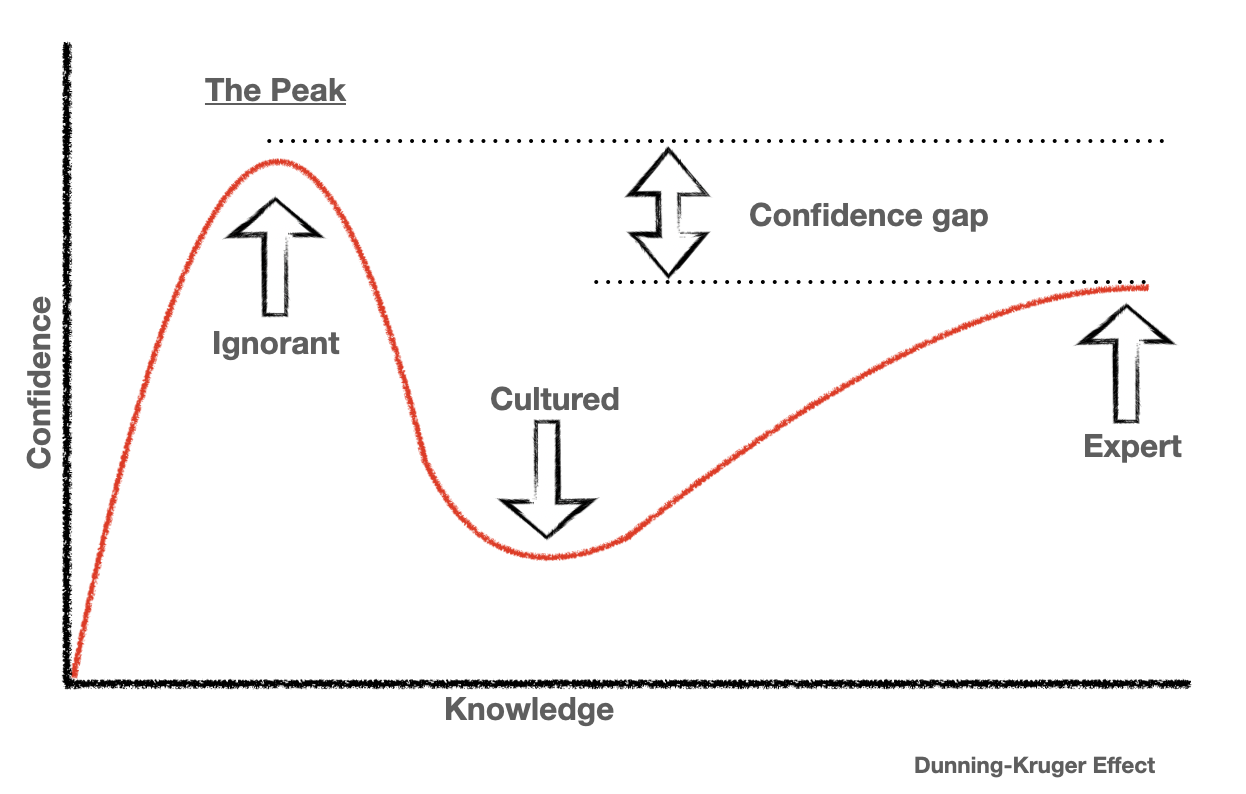Six months ago the first Covid-19 case was registered in the Hubei province in China.
The world as we know it has completely changed. So much has happened over the past six months that the effects of the pandemic will be felt for a long time to come.
The momentous impact the virus has taken on the economy caused by the hold on international travel, the closure of the hospitality sector, and new social distancing rules means that many businesses will not be able to survive the slump from the loss of disposable income and global tourism.
The lockdown introduced by many countries has also had severe economic consequences on a more individual level; many employees have been furloughed or sadly let go, leaving a sense of financial uncertainty and lack of work security up in the air for the majority of people.
Even after everything will be reopened again it is unlikely that the economic upswing will be swift. The pandemic has left a deep mark on how we live our lives and the new normal is yet to be defined.
With a partial closure of the economy still in place in the UK, with many businesses stating that offices may not reopen until 2021 and the furlough scheme extended until September by the government, the full consequences of the lockdown is yet to be foreseen.
However, in China, with the city Wuhan placed under lockdown from the 23rd of January, the country has had a two month head-start living with this ‘new normal’, making it a worthwhile ‘how to live post-covid’ case study to assess how the new world will function.
So what have been the main takeaways from China’s post lockdown economy and what can we learn from it?
Tourism in a different way
The fast spread of the virus, due to globalisation, has had a big impact on international travel. Many countries have closed their borders to the outside world - China was the first to do this.
A report by McKinsey & Company has identified international tourism as one of the main changes to the post-Covid-19 Chinese economy.
An interesting outcome from this - an increased demand for domestic tourism within China as Chinese citizens choose to travel by car or train to destinations like Sanya, China’s equivalent of Hawai. Many airlines, hotels and holiday destinations within China have been advertising generous offers for holiday trips to stimulate the national travel industry.
So will international travel be a thing of the past? It is also expected that many British citizens will go on vacation in their own country this year, with the culture secretary Oliver Dowden announcing his plans to revive the national tourism sector by July.
The UK Government is currently advising against all non-essential travel abroad, and has put a 14-day quarantine in place for anyone entering the country. With measures like this in place and airlines drastically reducing their flight capacities, comfortable jet setting could be a phenomenon of the past.
Yet, although domestic vacation is one thing, renouncing international exposure altogether is a drastic move that will not be welcomed by the masses eager to leave the homestead.
The end to globalised economies?
McKinsey & Company has also found out that there has been a severe shift in demand for international economic exposure in China after lifting lockdown restrictions in the country. Many have been advocating for a return of critical companies to the mainland, voicing support to localise fundamental supply chains. It is assumed that this will be done to prevent a new surge of cases.
This phenomenon might turn out to be similar in the UK as well, especially considering the upcoming Brexit agenda and the wish of many to increase national trade. Moreover, the lockdown has pushed many companies into freefall and significantly increased the financial involvement of the UK government.
Giulia Marini, a sales manager in an Italian wine company based in Shanghai said, “In China, the government suspended company taxes and rent during the pandemic. The Chinese government has always been involved in a companies' business, carefully monitoring us, helping us and supporting where they can”.
It’s a similar situation in the UK. The government has had to step up to save companies from going into administration and support British citizens. Loan schemes such as the Coronavirus Business Interruption Loan Scheme (CBILS), or the Bounce Back Loan Scheme (BBLS) means that the government is involved in many businesses through endorsing security for 80% of the loans.
Despite the different political systems of China and the UK, state involvement is real and could completely change the UK’s fundamental principles of a capitalist economy.
A new relationship to the “non-essential”?
Giulia Marini describes a decreased demand for non-essential goods and services in China post-lockdown.
Due to fewer restaurant visits and linked wine consumption, Marini has had to adapt to the new situation and work closely with private customers by tailor-making wine proposals, deals and creating new local marketing.
McKinsey & Company also found out that the younger Chinese generations have become accustomed to a wealthy lifestyle. Because of Covid-19, they have had to experience the other side of the coin due to the lockdown of their country. It is assumed that their relationship and habits with money has changed - they have become more careful and now place high priority on saving. Investment and wealth management demand has rocketed in China and is reflecting the more cautious approach of Chinese citizens.
This is similar in the UK where hospitality begins to open up; socially distanced restaurant and pub visits will severely impact UK GDP. The entertainment sector has also greatly suffered under the lockdown thriving in part from large gatherings, audiences and social closeness. It is still yet to be seen how the theatre, nightclub and concert industries will survive with the current restrictions.
Unessential shopping is not on anyone’s priority list at the moment; the financial drought that many will have experienced due to lay-offs or furlough does not marry well with the restart of the British economy. Many are expected to spend their money more carefully, having to first recover from the uncertainty and fear of running out of money.
A new digital era
The digital sector is one industry benefiting from a post-pandemic world that is now relying more and more on online supply.
McKinsey & Company recorded a surge in the use of apps in China. WeChat and Weibo have experienced increased demand during and after the lockdown as well as the enterprise platform DingTalk with 177 million active users. The healthcare sector also turned increasingly digital in China where they are planning on turning the Covid-19 app into a permanent health tracker.
China has always been at the forefront of digital innovation. Giulia Marini describes it as, “There is more and more use of digital marketing, media apps, e-selling. Here in China, this movement was already in effect before Covid-19. Nowadays there is an increase from many companies that want to keep this pace up and sell online, not only offline”. Giulia herself is selling her wines through communication channels WeChat, Weibo, QQ, Douyin.
With many people working from home, business communication tools such as Slack or Zoom have seen a massive increase in demand, and Covid-19 tracker apps are being developed across Europe. Companies have understood the need for quick and efficient digital solutions and are prioritising the creation of a streamlined, functional online presence while working on solutions for people to tap into their daily activities while staying at home or socially distancing. Digital banking, online grocery shops, remote working and digital entertainment represent the new trends of our society.
This digital upswing is here to stay. Once people experience the positive impact technology can make on their day to day life, a return to our more traditional lifestyle is unlikely.
As much as the pandemic has changed our society, it has also paved the way for more digital opportunities. The fintech sector has stepped up to create many innovative solutions to our Covid-19 related problems, and the rise of the digital sector will likely lead to an increase in jobs in the sector. Before the pandemic there were already 76,500 people working in the fintech sector, with this number estimated to grow to 105,500 by 2030. Furthermore, more than 1600 fintech firms are already operating in the UK. These figures show the beneficial impact fintech has, and will have, on the current and future economy.






